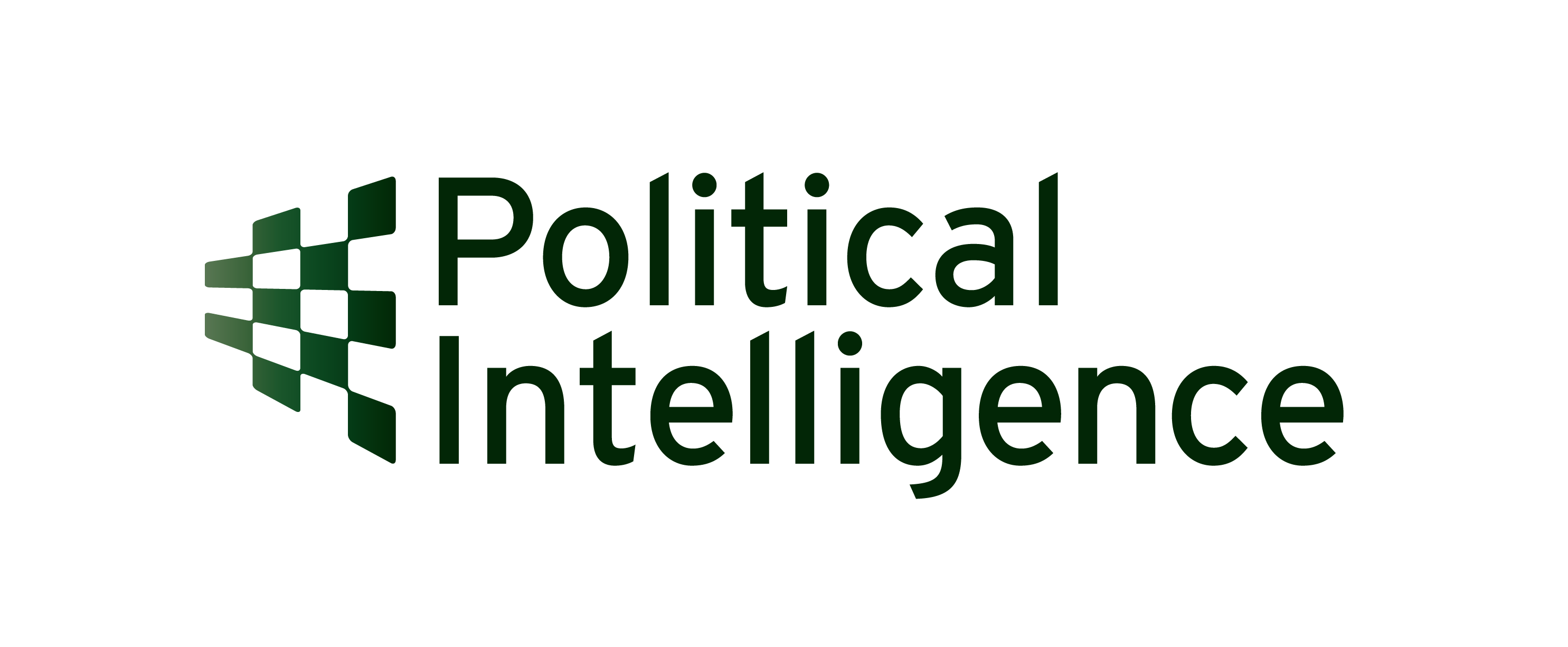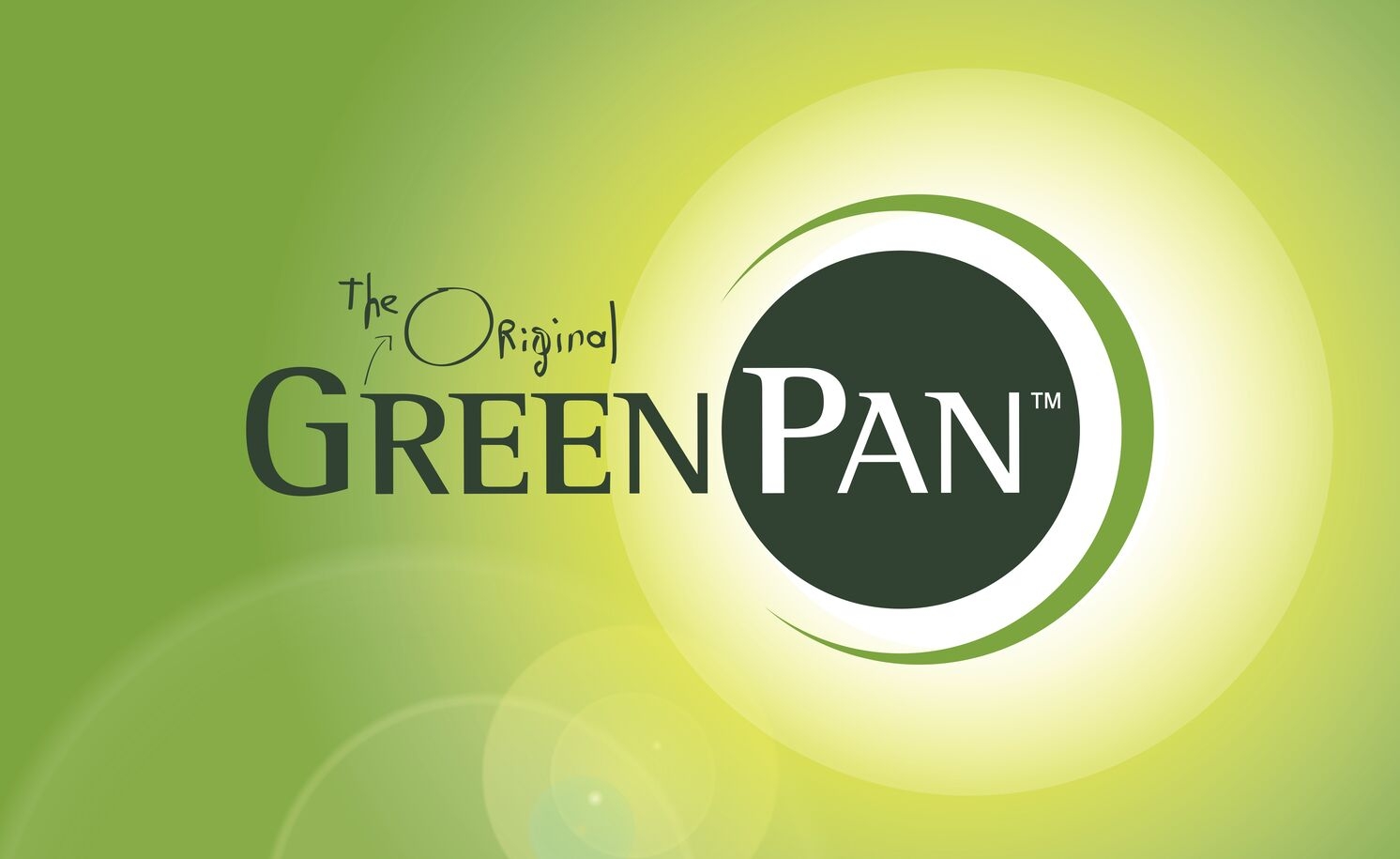Reconstruction? No thanks!

The third option is not always offered because it is assumed that women feel less of a woman without breasts. However, how you experience your breasts, and whether you can miss them, is very individual.
Young American breast cancer patient Katrin van Dam wrote a book about it, "Flat and happy": a practical guide for people who forgo reconstruction after a double mastectomy (available only in English). With her book, Katrin van Dam complains that her oncologic surgeon did not suggest the third option when she was facing her surgery. "She gave me the impression that 'mastectomy plus reconstruction' belonged together," she says of this in the American medical podcast MedQor(1). "Personally, I didn't want reconstruction because I didn't want to undergo more surgeries than strictly necessary. In addition, I didn't want prostheses in my body." Katrin van Dam adds that she may not consider her breasts as important as many other women; if they had to come off because of breast cancer, she would stay flat. "My self-image doesn't depend on a pair of breasts," she says.
Happy or not?
Van Dam found little understanding nor information for her choice. According to her surgeon, women are simply happier with breast reconstruction. "That made me doubt myself, so I went looking for more information," she says. "However, there wasn't much to find about the third option and how women feel about it." Katrin followed her gut feeling, and afterwards she is very happy about that. In her search, she came into contact with women who were unhappy after their reconstruction, because they didn't like the result or had to deal with all kinds of complications. "I read a lot about breast reconstruction and what can go wrong," van Dam continues in the podcast. "The reconstruction option is sometimes pushed with the message that you would be happier. That's not quite right." For all these reasons, Katrin van Dam herself wrote a practical guide on staying flat after a mastectomy. "Some women feel like women thanks to their breasts, but that doesn't apply to me. I can do without them. Surely that shouldn't be a taboo subject."
Research
A survey of 931 women undergoing uni or bilateral mastectomy in the United States shows that 22% (1 in 5) were not offered the third option(2). The surgeon who participated in this survey emphasizes that whether or not to opt for reconstruction should be discussed with the patient beforehand and that all options should be included. When a woman chooses to "stay flat," the surgeon performing the mastectomy must ensure an optimal esthetic result. Sometimes too much skin is left in situ for the purpose of future construction.
There is also a growing need in Europe for more information about the third choice: namely, "going flat" after a mastectomy. According to information from the Breast Cancer Society of the Netherlands, in the Netherlands more than three-quarters of women choose reconstruction and a small quarter do not. Similar to the American study. We found no figures for Belgium.
In summary, although many women still choose reconstruction after mastectomy, a large minority group chooses not to. Opting for flat can also be combined with external breast prostheses. That way, you can still wear that dress with décolleté or dive into the pool with curves.
(1) Podcast with Katrin van Dam: https://plasticsurgerypractice.com/resource-center/podcasts/a-conversation-with-the-authors-of-flat-and-happy/
(2) Baker J, Dizon D, Cachet M et al. 'Going flat' after mastectomy: patient-reported outcomes by online survey. Ann Surg Oncol 2021;28:2493-2505.
Continue reading

Breast reconstruction?

Reading: the breast cancer handbook - Anna van Wittenberghe


.png)












.png)
















